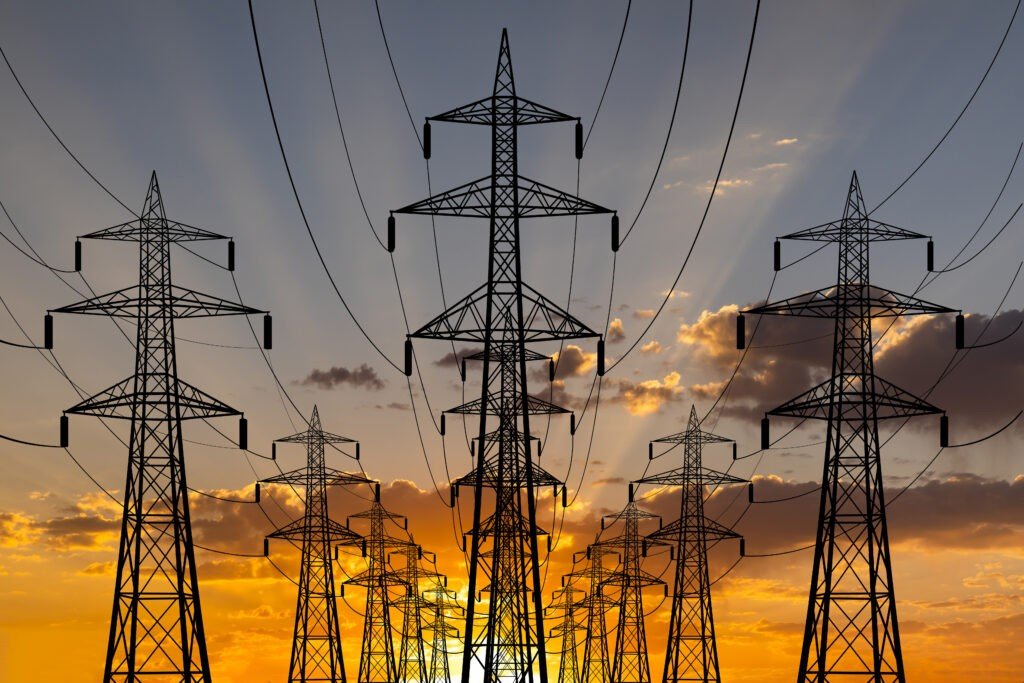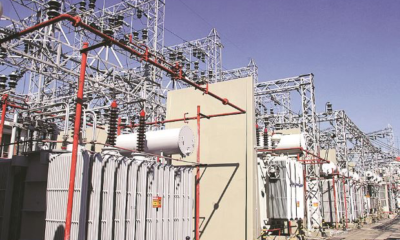Business
Real Beneficiaries of N200bn/Monthly Electricity Subsidy Revealed

Nigeria has been paying a whopping N200bn monthly on electricity subsidy, but do you know the real beneficiaries?
They are a marginal 25 per cent of Nigerians and further still, the wealthiest.
Rather than the common man mostly affected by runaway inflation, low wages and social welfare provisions, the staggering sum has been servicing the super rick in the country.
Government revelations shows that the money benefits the wealthiest, a mere 25 per cent of Nigerians rather than those who truly need assistance.
These and more were revealed by the Special Adviser to President Bola Tinubu on Energy, Olu Verheijen.
Verheijen, who spoke on the matter Monday, was reacting to reports linking her with proposed electricity tariff hikes, which has been creating tension in the country.
READ ALSO:Ikeja Electricity Company Releases Approved New Meter Prices
Electricity Subsidy To Be Or Not To Be
Why not denying that she said there would be electricity tariff hikes, she however disagreed with the 65 percent quoted.
“It has become necessary to clarify media reports suggesting an imminent 65 per cent increase in electricity tariffs.
“This is a misrepresentation of what I actually said in a recent press interview.
“I highlighted the fact that, following the increase in Band A tariffs in 2024, current tariffs now cover approximately 65 per cent of the actual cost of supplying electricity, with the Federal Government continuing to subsidise the difference,” she said.
Government’s immediate focus on electricity supply she said was:
- deliver more electricity to Nigerians,
- ensure fewer outages, and
- guarantee the protection of the poorest and most vulnerable Nigerians.
Power Sector Reform
In line with these, she disclosed that the Federal Government’s power sector priorities include working towards a targeted subsidy system to ensure that low-income households receive the most support.
“Today, the Federal Government spends over N200bn per month on electricity subsidies, but much of this support benefits the wealthiest 25 per cent of Nigerians rather than those who truly need assistance.”
READ ALSO: NERC Lists Nigeria’s Best & Poorest Electricity Generation Plants
READ ALSO: Metering Programme: 6 Key Points Electricity Consumers Must Know
She said work was on progress to provide subsidy to ensure that low-income households receive the most support.
“This approach will make electricity more affordable and accessible for millions of hardworking families”
Presidential Metering Initiative
“One of the most significant steps in this reform is the Presidential Metering Initiative, which is accelerating the nationwide rollout of seven million prepaid meters, starting this year.
“This will finally put an end to the practice of estimated billing, giving consumers confidence in what they are paying for and ensuring transparency in electricity charges.
“Metering will also improve revenue collection across the sector and will attract the investments needed to strengthen Nigeria’s power infrastructure,” she explained.
“For years, these debts have prevented investments in new infrastructure and hampered efforts to improve electricity supply.
“By clearing these outstanding obligations, the government is ensuring that power companies can reinvest in better service delivery, stronger infrastructure, and a more stable electricity supply for all Nigerians,” she said.
Value Added Tax and Custom Waivers
Verheijen added that through a range of fiscal incentives, including Value Added Tax and Customs Duty Waivers, the Federal Government is working to lower the cost of alternative power sources such as Compressed Natural Gas and Liquified Petroleum Gas.
READ ALSO: NERC Lists Nigeria’s Best & Poorest Electricity Generation Plants
READ ALSO: Electricity Tariff Increase: Band A Customers Lose Against 11 DISCOS
“The government fully understands the economic realities facing citizens and is committed to ensuring that reforms in the power sector lead to tangible improvements in people’s daily lives.
“Every policy is designed with the Nigerian people in mind — eliminating unfair estimated billing, ensuring that subsidies benefit the right people, and creating the conditions for stable, affordable electricity.
“These reforms are laying the foundation for better service delivery, expanded access to electricity for homes and businesses, and unlocking prosperity for all Nigerians.”





















